Mark Cavendish diagnosed with Epstein-Barr Virus
Dimension Data rider faces time out for gradual recovery
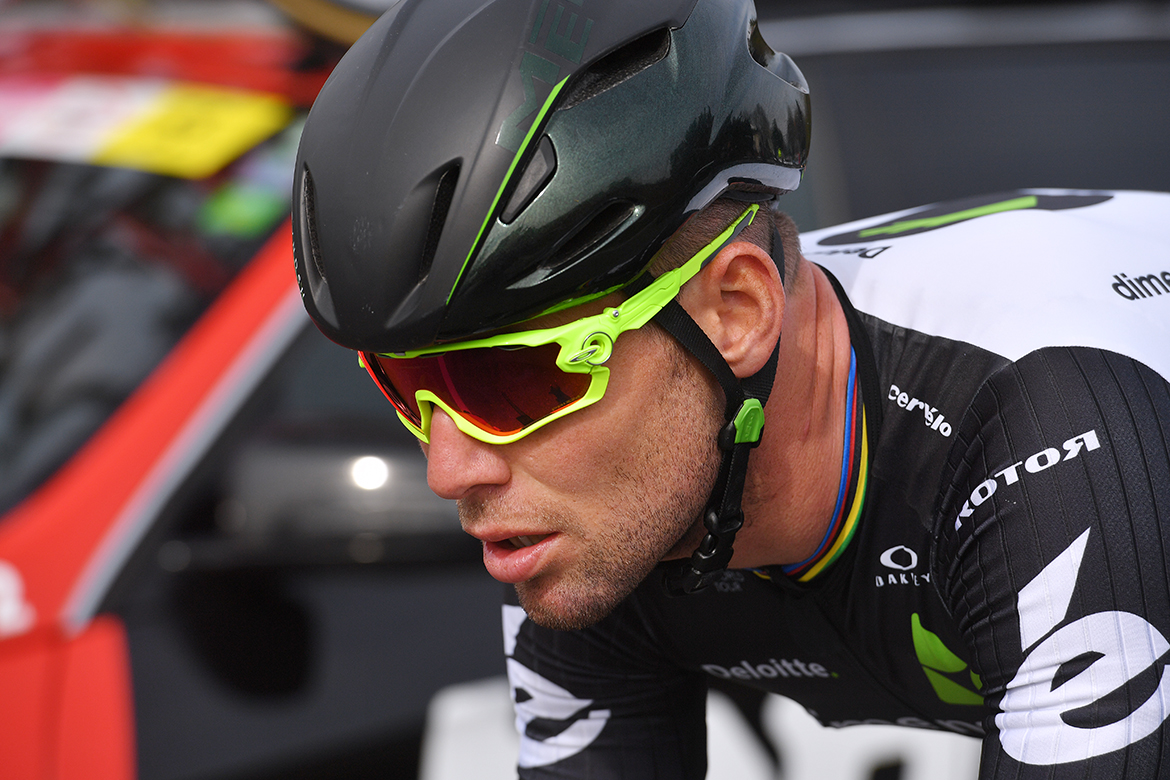
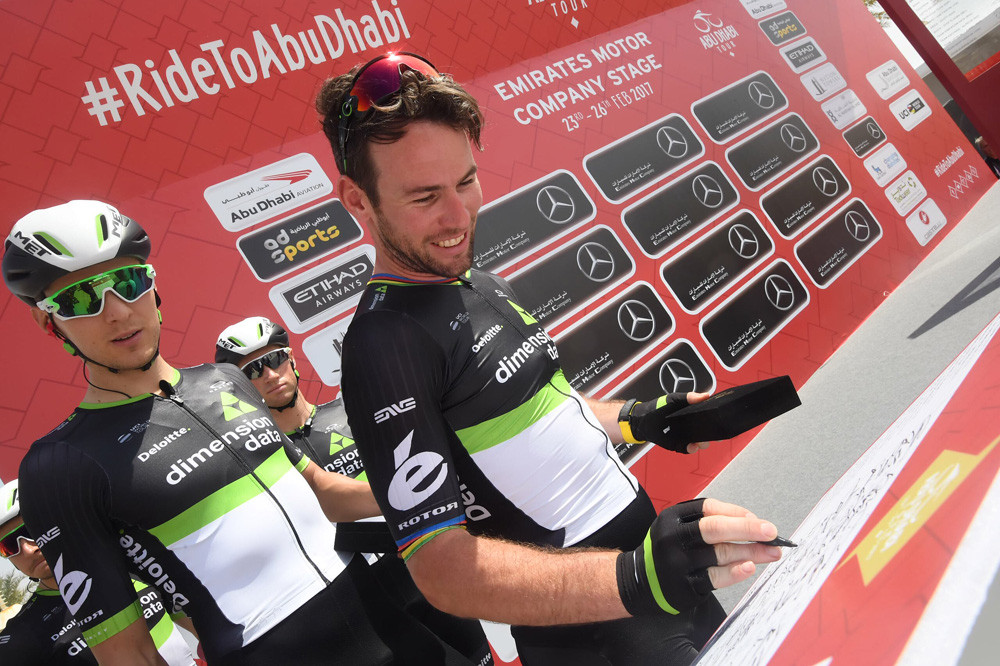
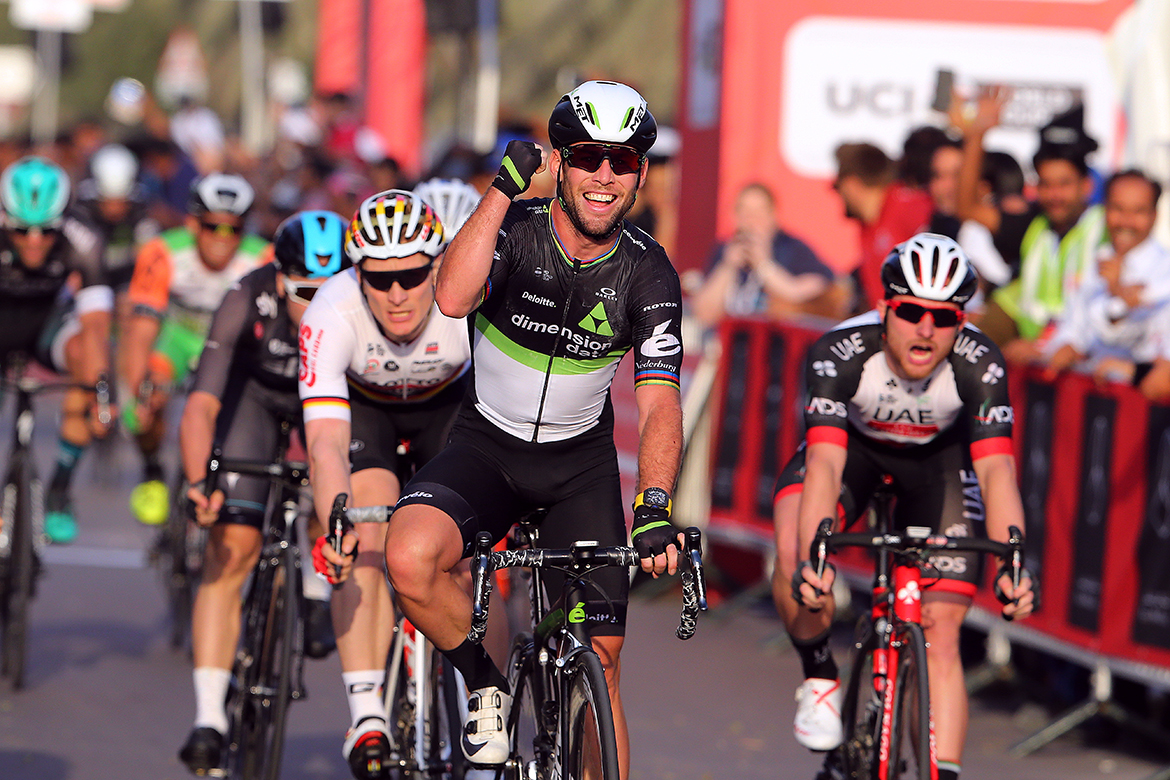
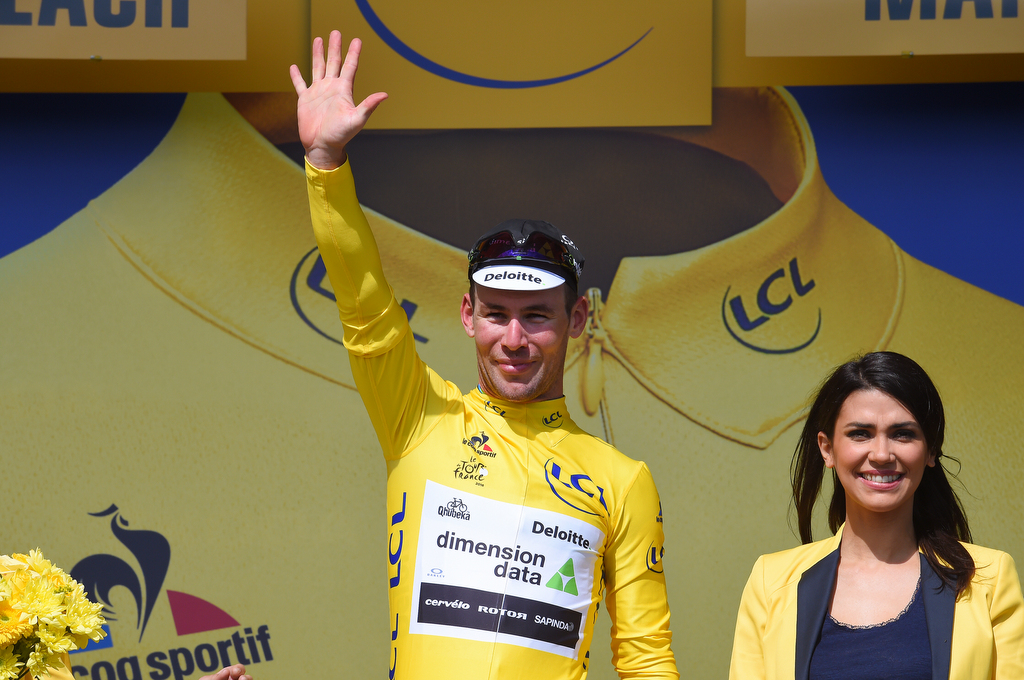
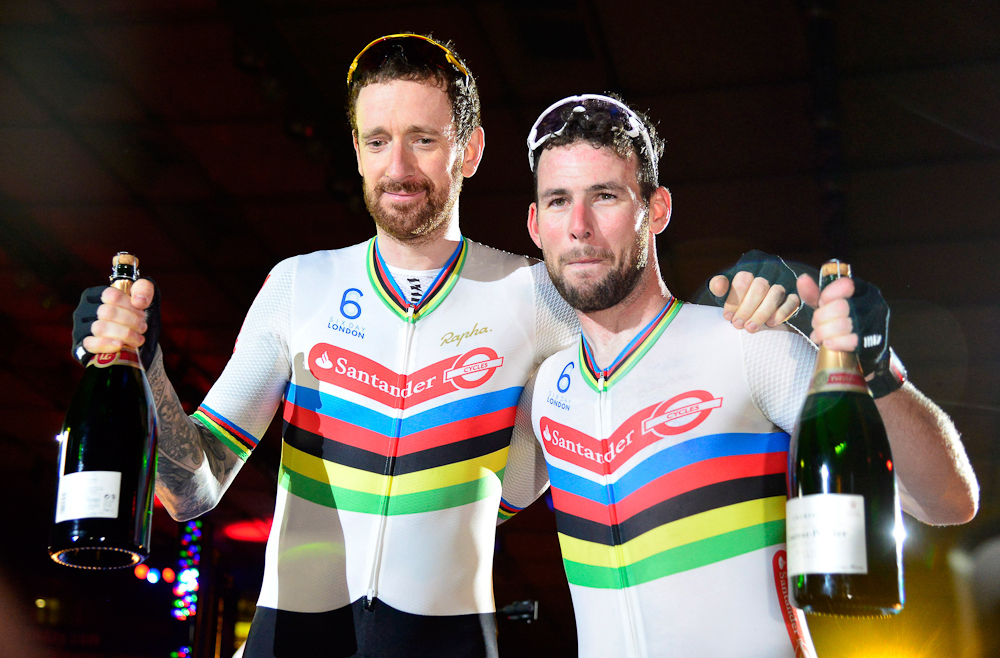
Mark Cavendish has been diagnosed with Epstein-Barr Virus – commonly known as Glandular Fever or Mononucleosis - and will need time out to make a gradual return to training and fitness. The virus was identified during a quarterly UCI blood test.
Cavendish missed the entire cobbled Classics season and has not raced since Milan-San Remo after picking up what his Dimension Data team described as an 'overuse' injury on the final stage of Tirreno Adriatico. He is recovering from that injury but faces further time out of action to allow his body to recover from Mononucleosis.
"Mark has been experiencing some unexplained fatigue during training," team doctor, Jarrad Van Zuydam, said in a statement released after Cyclingnews broke the story of Cavendish's diagnosis.
"Recent blood analysis has revealed him to have infectious mononucleosis caused by the Epstein Barr Virus. Unfortunately, there is no effective specific treatment against the virus but rest will be required to aid his recovery. His training load and symptoms will be monitored very carefully and he will make a gradual, step-wise return to full training and racing. It is difficult to give an accurate estimate of when we can expect him back at full fitness but we are hopeful of a significant improvement of his symptoms over the next 2 weeks."
Dimension Data had hoped that Cavendish would return to racing later this month at the Tour de Romandie. However that was before Wednesday's full diagnosis was made. It now looks likely that Cavendish will miss both Romandie and next month's Tour of California.
Speaking to Cyclingnews before Cavendish was diagnosed with Epstein-Barr Virus, team manager Doug Ryder, told Cyclingnews that the team were taking a cautious approach with Cavendish's comeback after his recent ankle injury. Cavendish is with Ryder in Tuscany, with the pair set to meet later on today.
"We wanted to take the long-term approach, rather than rush him back just for a couple of races and we'd never force anyone to race," Ryder said in relation to the ankle injury.
Get The Leadout Newsletter
The latest race content, interviews, features, reviews and expert buying guides, direct to your inbox!
"He's a big-ticket guy and even though we've struggled a bit at the moment as a team there's nothing we can do. We're not going to force anyone into a race and then potentially jeopardise the Tour de France. That's the big objective for him and for the team and he wants to leave his mark in that race this year with stage wins."
"We'd rather be more cautious than anything else at this point. He's frustrated too but we all need to hold back so that he's 100 per cent for when it really matters."
Cavendish had an exceptionally long racing campaign in 2016 as he dovetailed his road ambitions with the pursuit of an Olympic gold medal in Rio. As well as racing several track events – including the World Championships, rounds of the World Cup and the Gent Six Day, he racked up 71 days on the road. He raced the Tour de France, wining four stages, before going on to take the silver medal in the Omnium event in Rio in August.
As a result of such a heavy schedule in 2016, Cavendish started this season looking to gradually build his form rather than be at his best straight out of the blocks. Despite not being in great shape the 31-year-old picked up a string of top-tens before winning stage 1 and the points jersey at the Abu Dhabi Tour in February. However he failed to feature in the sprints at Tirreno Adriatico – most likely as a result of the virus - and finished 101st in Milan-San Remo.
Cavendish has won 30 stages in the Tour de France and won the green points jersey in 2011. He is the second rider on Dimension Data to be diagnosed with Epstein-Barr Virus this year after Jaco Venter in January. The South African recently returned to racing.
Daniel Benson was the Editor in Chief at Cyclingnews.com between 2008 and 2022. Based in the UK, he joined the Cyclingnews team in 2008 as the site's first UK-based Managing Editor. In that time, he reported on over a dozen editions of the Tour de France, several World Championships, the Tour Down Under, Spring Classics, and the London 2012 Olympic Games. With the help of the excellent editorial team, he ran the coverage on Cyclingnews and has interviewed leading figures in the sport including UCI Presidents and Tour de France winners.
